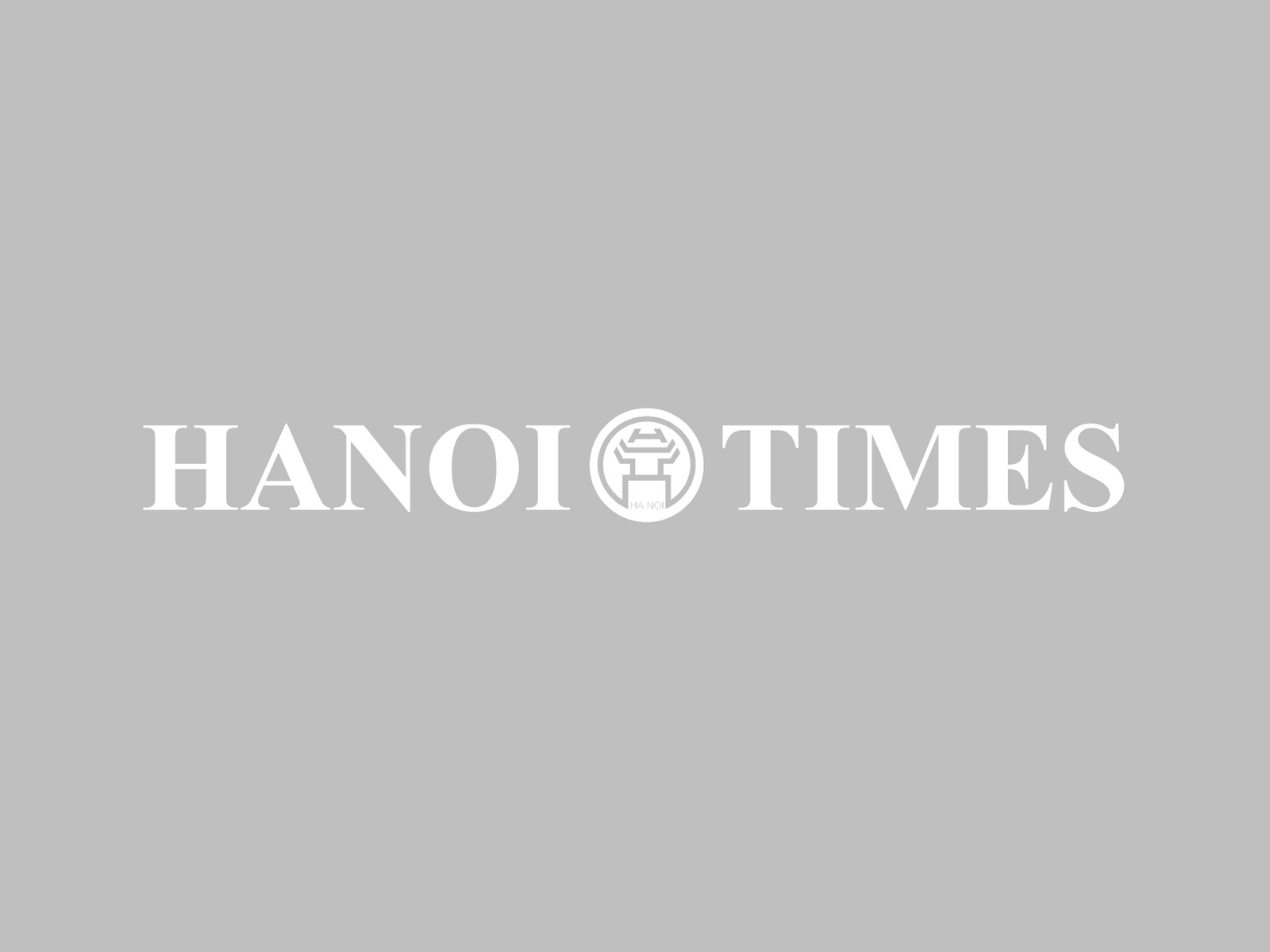News
US to fund US$50 million for Agent Orange/dioxin victims in Vietnam
Aug 23, 2019 / 07:47 AM
The project will enable persons with disabilities in seven provinces to access healthcare, better living standards and integration.
The US Agency for International Development (USAID) has planned to finance US$50 million a project that supports persons with disabilities caused by Agent Orange (AO)/dioxin in seven Vietnamese provinces.
Information of the funding was announced during a seminar held in the southern province of Dong Nai earlier this week, the Tuoi Tre newspaper reported.
Accordingly, assistance on rehabilitation, healthcare, improving living standards, and integration into the society will be given to beneficiaries in the central provinces of Quang Tri, Thua Thien-Hue, Quang Nam and Binh Dinh and the southern provinces of Dong Nai, Binh Phuoc, and Tay Ninh
The project follows a memorandum of understanding signed in April by the US Agency for International Development (USAID) and the Standing Agency of the National Steering Committee on the Settlement of Post-war Unexploded Ordnance and Toxic Chemical Consequences (Office 701)
Christopher Abrams, director of USAID’s Environment and Social Development Office in Vietnam, said the project is part of efforts which the US has been coordinating with Vietnamese authorities to settle post-war consequences.
Vietnam has about eight million persons with disabilities (PWD), accounting for 8% of the country’s population.
The aforementioned provinces have more than 163,000 PWDs.
US programs on PWDs in Vietnam
Assisting PWDs has long been one of the top priorities for the US government in Vietnam.
In Vietnam, US assistance has helped to improve the quality of life of PWDs by addressing medical and social needs, improving disability policies, and reducing physical and social barriers.
The US government has contributed more than $100 million in assistance to PWDs in Vietnam.
Over the course of 30 years, the USAID assistance has benefited hundreds of thousands of PWDs in Vietnam. More than 30,000 of these PWDs received direct assistance, including assistive devices, rehabilitation services, education and vocational training, home improvements, independent living assistance, legal counselling, and/or job placement assistance.
The USAID also supports local governments to implement the national disability law and the International Convention on the Rights of Persons with Disabilities.
Apart from influencing public policies, the USAID supports the development of legal framework to improve physical accessibility for persons with disabilities in public buildings and transportation, as well as increase access to information and technologies.

Christopher Abrams, director of USAID’s Environment and Social Development Office in Vietnam, speaks at the event on August 19. Photo: Tuoi Tre
|
Accordingly, assistance on rehabilitation, healthcare, improving living standards, and integration into the society will be given to beneficiaries in the central provinces of Quang Tri, Thua Thien-Hue, Quang Nam and Binh Dinh and the southern provinces of Dong Nai, Binh Phuoc, and Tay Ninh
The project follows a memorandum of understanding signed in April by the US Agency for International Development (USAID) and the Standing Agency of the National Steering Committee on the Settlement of Post-war Unexploded Ordnance and Toxic Chemical Consequences (Office 701)
Christopher Abrams, director of USAID’s Environment and Social Development Office in Vietnam, said the project is part of efforts which the US has been coordinating with Vietnamese authorities to settle post-war consequences.
Vietnam has about eight million persons with disabilities (PWD), accounting for 8% of the country’s population.
The aforementioned provinces have more than 163,000 PWDs.
US programs on PWDs in Vietnam
Assisting PWDs has long been one of the top priorities for the US government in Vietnam.
In Vietnam, US assistance has helped to improve the quality of life of PWDs by addressing medical and social needs, improving disability policies, and reducing physical and social barriers.
The US government has contributed more than $100 million in assistance to PWDs in Vietnam.
Over the course of 30 years, the USAID assistance has benefited hundreds of thousands of PWDs in Vietnam. More than 30,000 of these PWDs received direct assistance, including assistive devices, rehabilitation services, education and vocational training, home improvements, independent living assistance, legal counselling, and/or job placement assistance.
The USAID also supports local governments to implement the national disability law and the International Convention on the Rights of Persons with Disabilities.
Apart from influencing public policies, the USAID supports the development of legal framework to improve physical accessibility for persons with disabilities in public buildings and transportation, as well as increase access to information and technologies.








